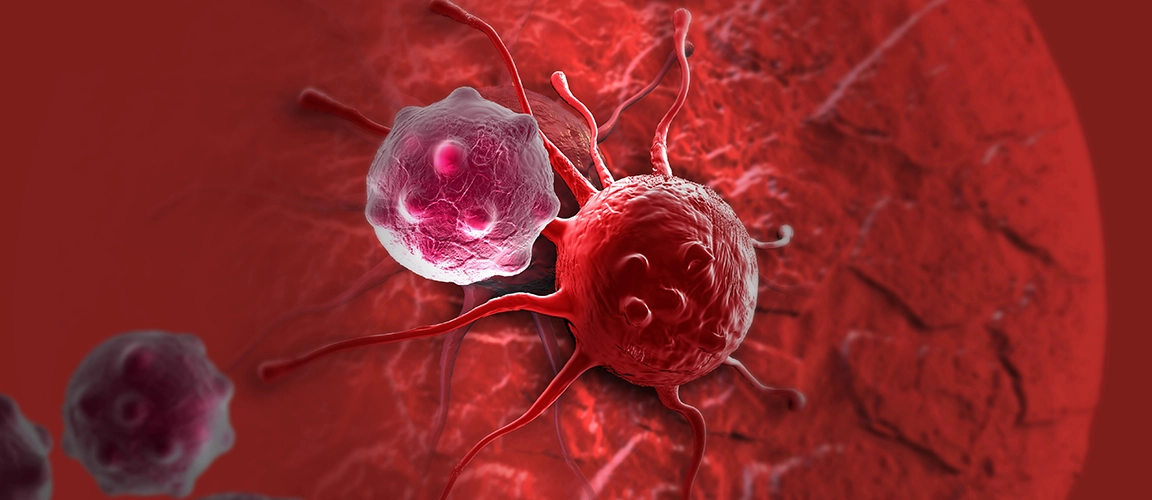Cancer Support
Nutrition plays a vital role in cancer support for women, influencing overall health, treatment efficacy, and recovery outcomes.

Role of Essential Nutrients in Cancer Support
1. Strengthening the Immune System:
Proper nutrition helps support the immune system, which is crucial for fighting cancer and infections. A diet rich in vitamins, minerals, and antioxidants can enhance immune function and help the body better cope with cancer treatments
2. Managing Treatment Side Effects:
Cancer treatments like chemotherapy and radiation can cause side effects such as nausea, loss of appetite, fatigue, and changes in taste. A well-planned diet can help mitigate these effects, providing comfort and nourishment during treatment
3. Maintaining Healthy Weight:
Maintaining a healthy weight is important for women with cancer, as both underweight and overweight status can impact treatment outcomes and recovery. Nutrition can help manage weight effectively, supporting body composition and overall health
4. Providing Essential Nutrients:
Cancer and its treatments can lead to nutrient deficiencies. A balanced diet ensures that women receive essential nutrients like protein, healthy fats, vitamins, and minerals, which are vital for healing, energy, and overall well-being
5. Enhancing Recovery:
Adequate nutrition supports recovery post-treatment by promoting tissue repair and reducing inflammation. A nutrient-dense diet can aid in regaining strength and energy levels
6. Reducing Risk of Recurrence:
Some studies suggest that certain dietary patterns may lower the risk of cancer recurrence. Diets rich in fruits, vegetables, whole grains, and lean proteins may offer protective benefits and contribute to long-term health
7. Psychological Well-being:
Nutrition can also affect mental health and emotional well-being. Eating a balanced diet can help improve mood, reduce anxiety, and enhance quality of life during cancer treatment and recovery
8. Personalized Nutrition:
Individualized nutrition plans can address specific needs based on the type of cancer, treatment plan, and any other health conditions. Working with a registered dietitian can help women create tailored nutrition strategies that align with their health goals.
Backed by science and delivered with compassion, our cancer nutrition support combines evidence-based dietary strategies with a deep understanding of the challenges women face during treatment and recovery. We focus on what works best for you — body, mind, and soul.
In summary, nutrition plays a multifaceted role in cancer support for women, impacting immune function, treatment tolerance, recovery, and overall quality of life.
A balanced and nutrient-rich diet can be a powerful ally in the journey through cancer treatment and beyond.

The Maintrac Test
The Maintrac test can be used as an adjunct, exploratory biomarker to gauge systemic tumor activity and inflammation over time.
What Maintrac is (conceptual)
- Maintrac is a blood-based assay that counts circulating tumor cells (CTCs) in peripheral blood. The test is promoted as a way to reflect tumor biology and disease activity, and to monitor response to therapy.
For a nutritional therapist, it may help personalize and monitor cancer-support nutrition protocols by tracking trends in circulating tumor cells (CTCs) alongside diet- and metabolism-targeted strategies.
Important caveat:
Maintrac is not a standard-of-care diagnostic or a proven surrogate endpoint in most cancers, so it should be used in collaboration with the oncology team and standard tests, not as a sole basis .

